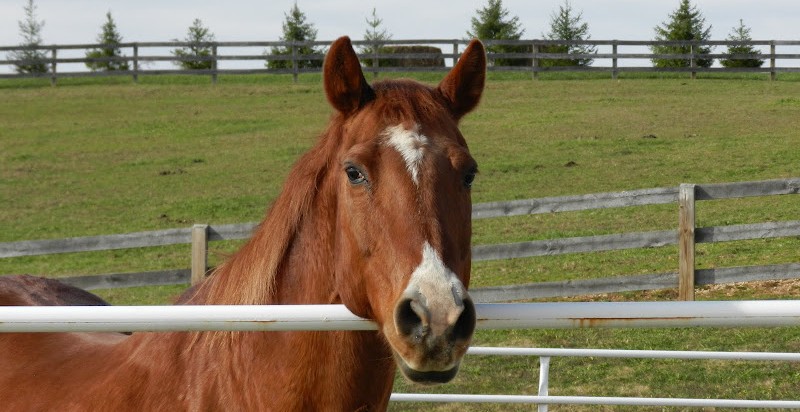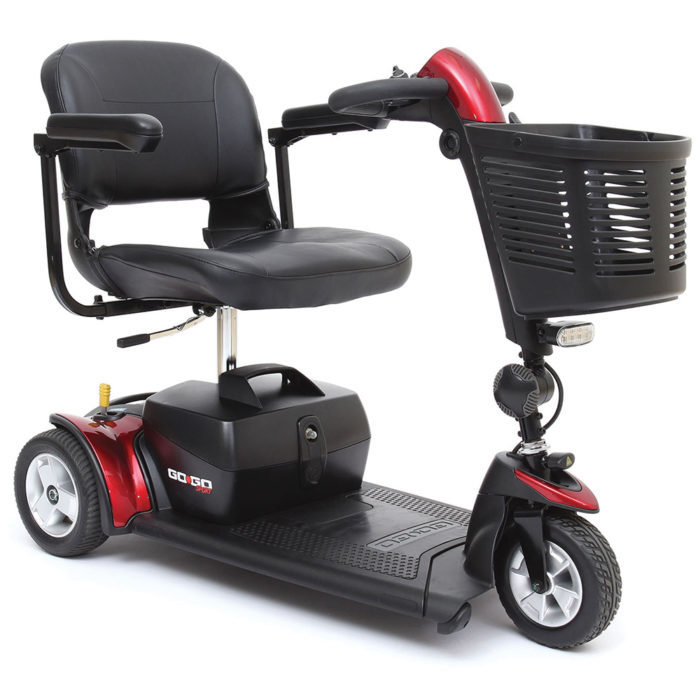I’d just gotten out of bed the other morning and was headed to the bathroom using just one cane when I tried to step over a dog toy on the floor. I went down slowly onto the carpet, so it was really no big deal. No harm, no foul, but I should have been using two canes, and I should have been more careful. I should know how not to fall.
I’ve written about the right way to fall. I try to push my canes away and and land on my side. The side landing was learned when I was a kid taking judo lessons.
In a New York Times article a few years ago, judo instructor Paul Schreiner had this advice: “Accept that you’re falling and go with it. Round your body … and distribute the energy so you take the fall in the widest area possible.”
But rather than teaching high-risk people how to fall, is it possible to teach them how to prevent falls like mine, how not to fall? Could nurses be trained as “falls care managers” to help reduce the risks?
Teaching how not to fall
A recent study with an appropriate acronym — STRIDE, or Strategies to Reduce Injuries and Develop Confidence in Elders — looked at whether individually tailored fall prevention programs implemented by nurses trained to be falls care managers could reduce the risk of serious falls in those 70 and older and considered to be high-risk.
The risks were defined as having problems with walking and balance, fall hazards in the home, vision problems, and using certain medications. Though the study wasn’t specifically aimed at people with multiple sclerosis, many of us with MS can relate to these risks. (I also can relate to being old).
The falls care managers helped study participants identify their risk factors and choose up to three of them to be modified. The managers then helped the participants modify them. A control group received only an information pamphlet about preventing falls and were encouraged to discuss fall prevention with their primary care doctors.
Any training seems to help
Before their study the researchers believed that the rate of serious falls would be about 20% lower in the coached group than in the control group. But they were wrong. As reported in the The New England Journal of Medicine, both groups did better than expected.
It took longer than the researchers expected for the first serious fall injury to occur in both groups. The rate of hospitalization or death from a fall also was similar in both groups. The bottom line: It didn’t help to have a dedicated nurse as a coach, but it appears that any kind of fall prevention education is better than none.
What has your experience been like with falls? What are some tricks or techniques you use to reduce your risk of falling?
(A version of this post first appear as my column on the MS News Today website).



